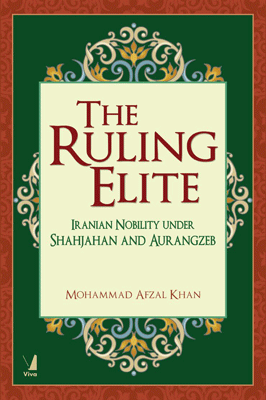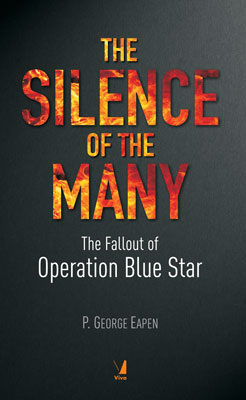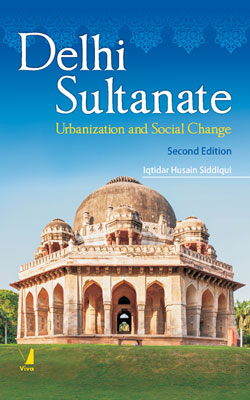
Reporting the Raj
Reporting the Raj
The British press and India c. 1880-1922
₹985.50 ₹1,095.00 Save: ₹109.50 (10%)
Go to cartISBN: 9789387153530
Bind: Hardbound
Year: 2018
Pages: 320
Size: 6.25 x 9.25 Inch
Publisher: Manchester University Press
Published in India by: Viva Books
Exclusive Distributors: Viva Books
Sales Territory: India, Nepal, Pakistan, Bangladesh, Sri Lanka
Reviews:
"The relationship between the Fourth Estate and the processes of imperialism is established beyond doubt in Reporting the Raj ... a fascinating picture of how those who ruled lndia from distant shores worried about coverage, spin, and news mediation..."
—SevantiNinan, The Hindu
"Kaul's account is both convincing and important. With respect to journalism history, Kaul's ability to show relationships between domestic politics and imperial coverage, and between politicians and journalists is highly impressive."
—Professor Mark Hampton, Journalism Studies Review
"This is a tightly argued, informed and balanced study of a vital part of Anglo-Indian history."
—Contemporary Review
Description:
This highly original and lively study represents the first analysis of the dynamics of British press reporting of lndia and the attempts made by the British Government to manipulate press coverage as part of a strategy of imperial control.
The press was an important forum for debate over India's future and was used by groups within the political elite to advance their agendas.Yet it also provided the wider British public with the information and images from which they formed their perceptions of the subcontinent. The repercussions of press reporting were therefore considerable, being felt not only in Britain, but also within lndia and the wider world. For this reason British imperial administrators felt the need to integrate press management with their approach to government.
Kaul focuses on a period of critical transition in the history of the Raj, one which witnessed the impact of the First World War, major constitutional reforms, the tragedy of the Amritsar massacre, and the launching of Gandhi's mass movement. This period was also a watershed in official media manipulation, with the Government's previously informal and ad hoc attempts to shape press reporting being placed on a more formal basis and explicitly incorporated into official strategy.
This book will be essential reading for students of the British Empire, Indian history and the British press. It also offers important insights for students of media and communications studies and the history of political communication - and indeed anyone concerned with understanding the ever-deepening relationship between politics and the mass media today.
Target Audience:
Students and Academicians of History and Political Science.
Contents:
List of tables
List of illustrations
General editor's introduction
Acknowledgements
List of abbreviations
Chapter 1: Introduction
Part 1: The networks of information and communication
Chapter 2: Communications and the Indian empire
Chapter 3: Fleet Street and the Raj
Part 2: Information management and imperial control
Chapter 4: Empire and news management: India and then London press, c. 1880-1914
Chapter 5: War and government publicity
Chapter 6: Edwin Montagu, publicity and news management at the India Office, 1917-22
Part 3: Case studies, 1917-22
Chapter 7: "Bringing India to the fore": selling Indian constitutional reform to Britain, 1917-18
Chapter 8: Managing the crisis- Fleet Street, government and the Jallianwallah Bagh massacre, 1919-20
Chapter 9: Ambassador of empire: the Prince of Wales's tour, Fleet Street and government publicity, 1921-22
Chapter 10: Conclusion
Appendices: Main information flows to Fleet Street • Politics’ press: official press management and control prior to the First World War • Official press management and control during and after the First World War • Duties of the Publicity Officer • Prominent journalists and writers
Bibliography
Index
About the Author:
Chandrika Kaul is Senior Lecturer in Modern History, University of St Andrews, Scotland, UK






